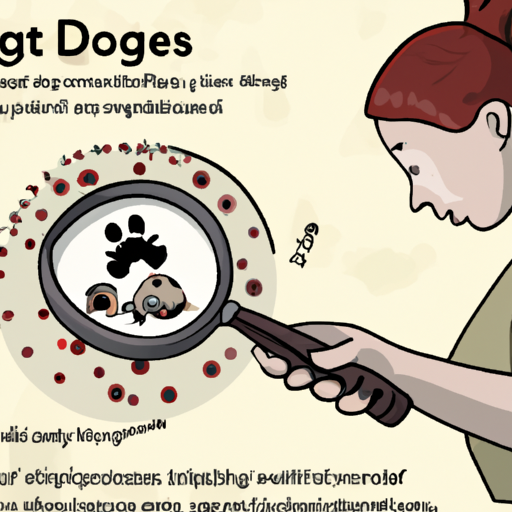Introduction
You may have noticed your canine companion incessantly scratching or licking a certain area of their body. Upon closer inspection, you see a raw, inflamed spot. This is likely what veterinarians call a “hot spot”. But what causes hot spots in dogs? As a caregiver, understanding these triggers can help you keep your furry friend healthy and comfortable.
H2: Understanding Hot Spots
Hot spots, medically known as acute moist dermatitis, are localized areas of skin inflammation and bacterial infection. These can be incredibly uncomfortable for your dog and can appear very quickly. Here’s a quick look at what happens:
- Irritation begins, often from an allergen or physical trauma.
- Your dog scratches, licks, or bites at the area, causing further damage.
- The skin becomes inflamed and infected, creating a hot spot.
H2: Allergies
Just like humans, dogs can be allergic to a wide range of substances. These can include:
- Environmental allergens: pollen, dust mites, mold
- Food allergens: certain proteins, grains
- Fleas or other parasites
Allergies can cause intense itching, leading to the scratching and biting that results in hot spots. If you notice seasonal patterns to your dog’s hot spots or other signs of allergies such as ear infections or gastrointestinal issues, an allergen could be the cause.
H2: Poor Grooming
Dogs with thick or long hair are particularly prone to hot spots due to moisture getting trapped close to the skin. This is why regular grooming is crucial. Without it, your dog’s skin doesn’t have a chance to breathe, creating a perfect environment for bacteria to grow.
| Long-haired Breeds | Short-haired Breeds |
|---|---|
| Golden Retrievers | Beagles |
| German Shepherds | Boxers |
| Shih Tzus | Bulldogs |
H2: Underlying Health Issues
Underlying health issues such as hypothyroidism or arthritis can cause hot spots too. Your dog may lick or chew a painful joint, creating a hot spot. Or, a dog with a weakened immune system may be more susceptible to skin infections.
H2: Boredom or Anxiety
Finally, behavioral issues can also lead to hot spots. Dogs that are bored or anxious may lick or chew their skin as a form of self-soothing, which can result in hot spots.
Frequently Asked Questions
Q: Can I treat my dog’s hot spots at home?
A: Mild hot spots can often be treated at home, but severe or persistent hot spots should be evaluated by a vet.
Q: How can I prevent hot spots?
A: Regular grooming, a healthy diet, flea prevention, and plenty of physical and mental stimulation can all help prevent hot spots.
Q: Are certain breeds more prone to hot spots?
A: Yes, breeds with thick or long hair, like Golden Retrievers or German Shepherds, are more prone to hot spots.
Understanding the causes of hot spots in dogs is the first step in prevention and treatment. Armed with this knowledge, you can help ensure your furry friend stays comfortable and happy. If you’re ever unsure about a skin issue your dog is experiencing, never hesitate to reach out to your vet for advice.



